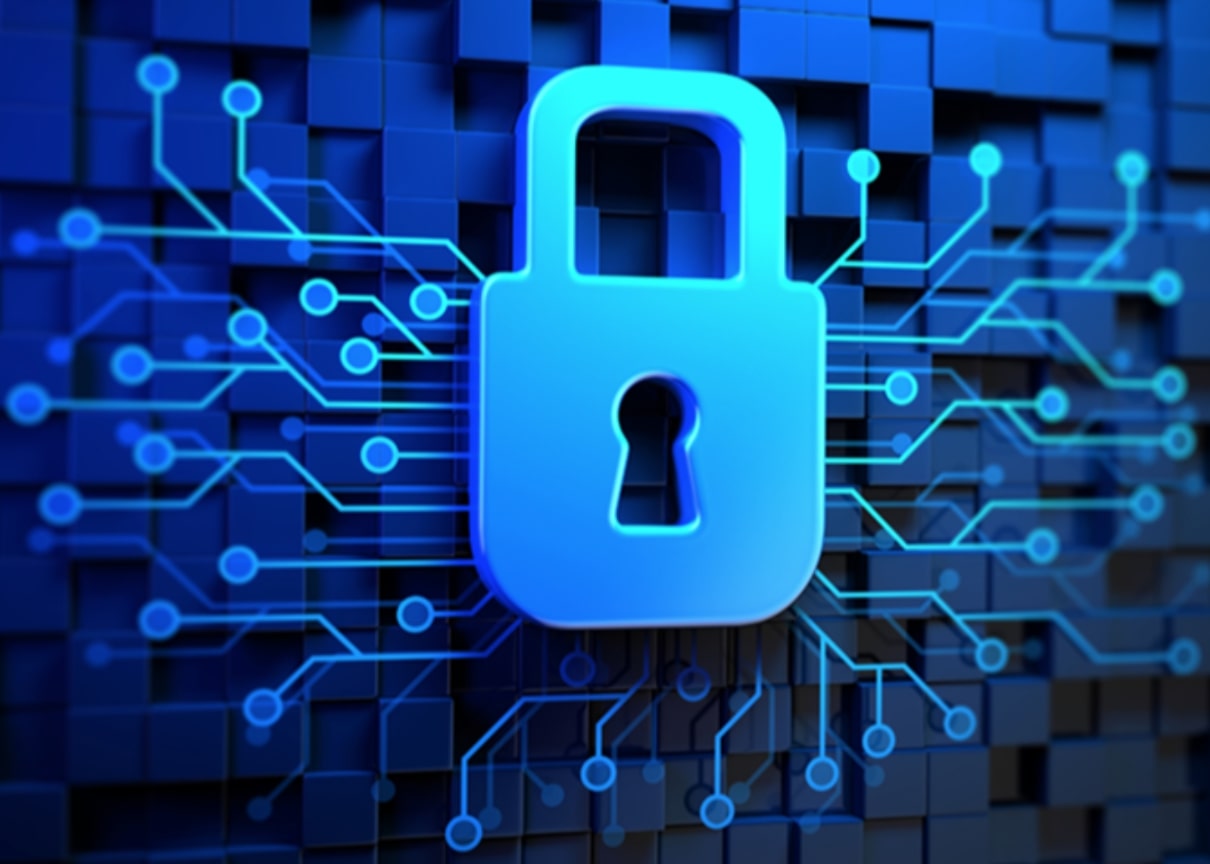How You Can Be Cybersafe
October 06, 2021 •
October marks Cybersecurity Awareness Month and this week’s theme is being cyber safe! We’re tackling the difficult question of how can you stay cyber safe both at work, and at home?
There’s many options to consider but are all of them effective? Probably not. The main security people use to protect themselves is a password and while they may think it’s safe enough to use, it’s really not.
The average person only has a handful of passwords that they use. A majority will use the same password for everything whereas some might remix their passwords into different variations. But why is this an issue?

If we go back in time to the 1960’s, the first password was created by researchers at MIT. We can only speculate as to what it might’ve been, but since then passwords have become the de facto login method for all sorts of computer systems.
Everything from your operating system, to your mobile phone and most of the web systems you use, all rely on a password to grant you access. While password-based authentication has its advantages, relying on only a password to protect your system or accounts is becoming increasingly dangerous. Let’s talk about why that is.
Imagine you’re creating a new email account. The requirements for your password have to be 8 letters in length, a capital letter, and a special character. The main response for people when they see that is to use a password they already have, make the first letter a capital and then add a random symbol at the end. While the password requirements are supposed to have a high security level, the password itself is fairly easy to guess. According to Nordpass, the most common passwords in 2019 were extremely weak. For example, the most used password that year was “12345” followed by (literally) “123456”. It seems that most people prefer to have a weak password, that is easy to remember, than to have a more secure password.
Believe it or not, password fatigue is a real thing. It’s the feeling experienced by many people who are required to remember an excessive amount of passwords in their day to day life. The more passwords a user has, the more likely they are to use the same one over and over, or use a simple one that’s easy to remember. While password managers have been around for a little while now, most people don’t use one. In fact, a Google survey showed that 65% of people reuse the same password over and over again.
It’s safe to say that security and ease of use don’t really go hand in hand with each other.

So what’s the problem of using the same password across multiple accounts exactly? The answer is simple: if someone discovers the password of one of your accounts, they could access all of your other accounts instantly. Weak passwords to begin with, plus frequent reuse of them, equals a recipe for disaster.
How can you stay cyber safe if passwords are not the way to go anymore? Well, in our experience, adding an additional factor of authentication, known as 2FA or MFA, never seems like a bad thing.
Using a 2FA system not only protects your information, but also adds a layer of extra security on top of your initial password. 2FA helps to stop hackers from getting into your accounts even if they gain access to your password.
It’s a common battle between ease of use and security. Many people think you have to compromise one for the other. But what if we told you that wasn’t the case? What if we said that you could implement a 2FA system without sacrificing the ease of use and maximizing security! With LoginTC it is 100% possible!
This Cybersecurity awareness month, protect yourself and your workplace from hacks, breaches, and more and start your free LoginTC trial today.